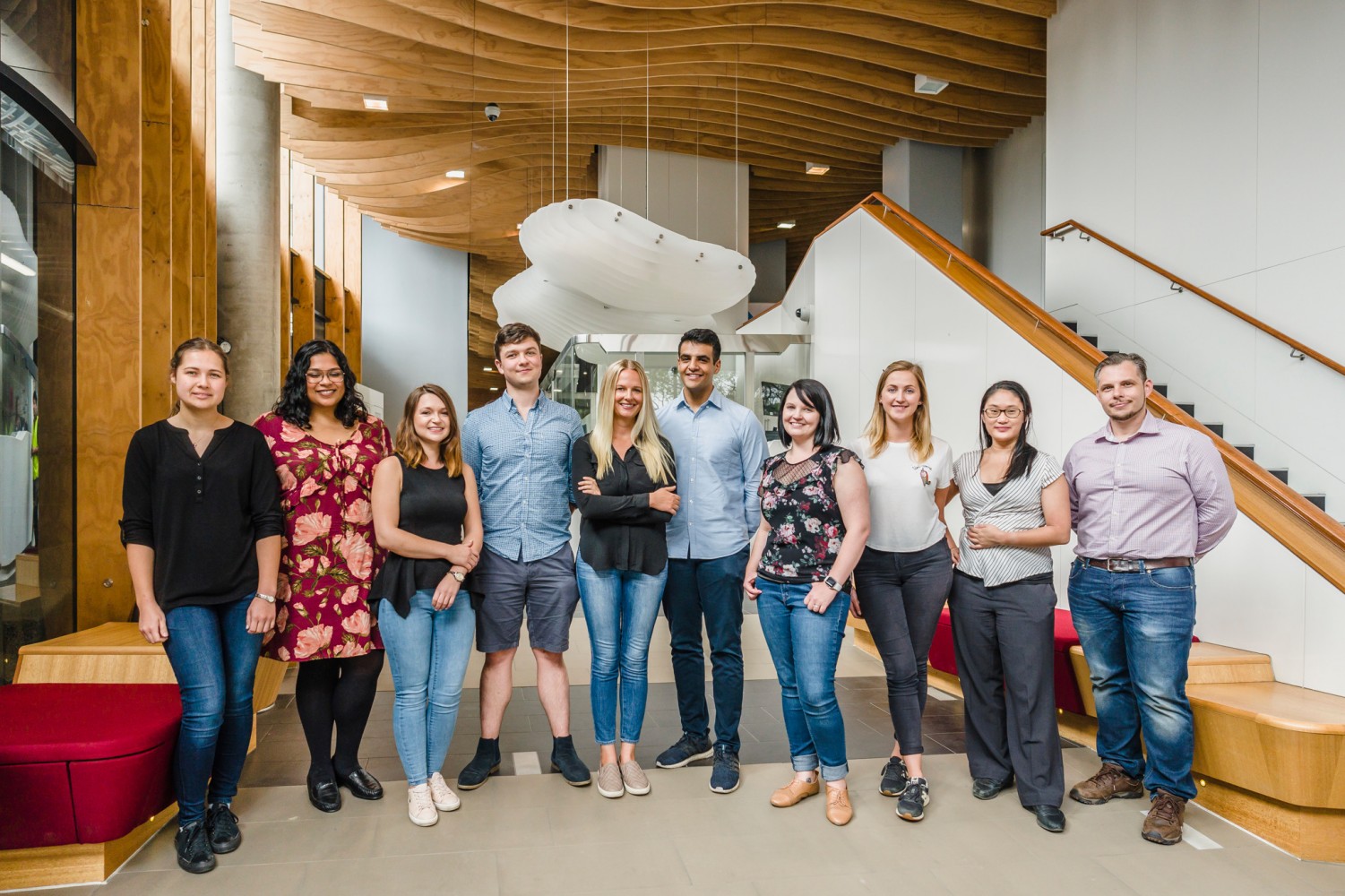
Dr Stephanie Neville
(03) 8344 0825 | stephanie.neville@unimelb.edu.au
- Position:
- NHMRC Peter Doherty Fellow
- Theme(s):
- Bacterial and Parasitic Infections
- Discipline(s):
- Discovery Research
- Unit(s):
- Department of Microbiology and Immunology (DMI)
- Lab Group(s):
- McDevitt Group
Stephanie completed her PhD in 2016 in the Research Centre for Infectious Diseases at The University of Adelaide. After working as a post-doctoral researcher in A/Prof Christopher McDevitt’s lab, she was awarded an NHMRC Peter Doherty Early Career Fellowship in 2018. This fellowship investgates the role of the essential metal ion zinc in the viability and virulence of the global bacterial pathogen, Streptococcus pneumoniae. In late 2018, Stephanie relocated to the Department of Microbiology and Immunology in the Peter Doherty Institute to continue her research in the chemical biology of bacterial pathogens.



